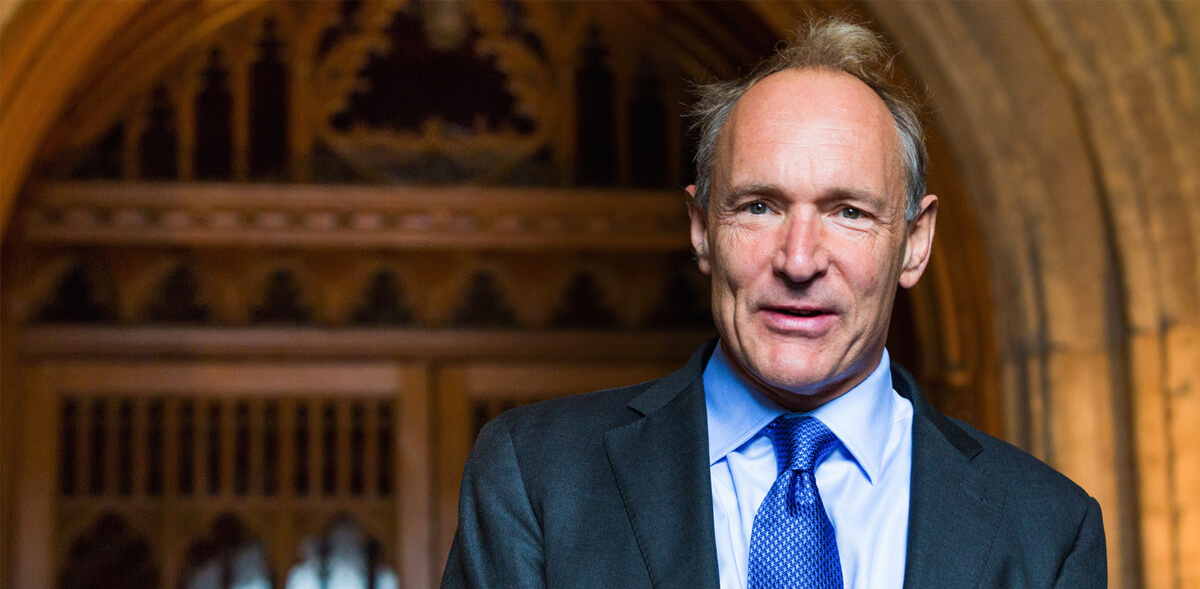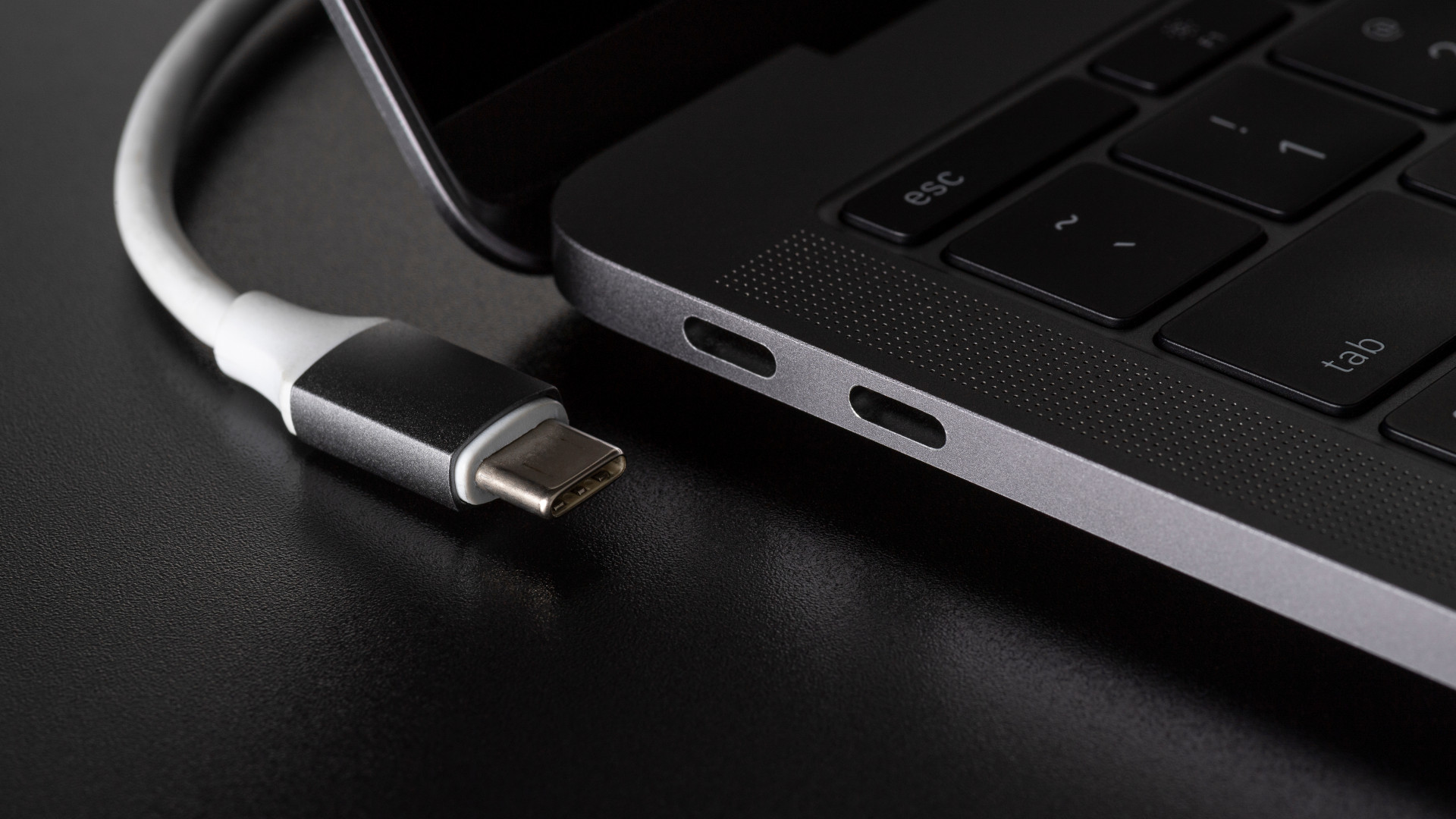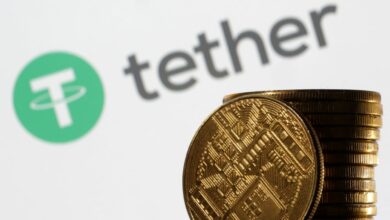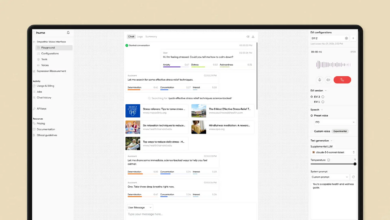The Death of the Internet: Why the Future is Terrifying and How We Can Fix It

The Internet is in a precarious place. It is under attack from all sides – not by technological problems, but by social problems. Disinformation is rife, marketing and advertising cover every facet of the internet, and armies of politicized and automated bots roam the wilds of the social media landscapes, all filtered to you through carefully curated algorithmic messages designed to deliver endorphin rushes. cause and you on the platform of your choice. Right now everything is changing, and not necessarily for the better.
For many of us, looking back ten to twenty years, the “worldwide web” looked radically different in that golden age. The social media platforms, the communities, the gaming landscape, the knowledge and accessibility, the shopping – it all felt different, and it was different. This goes beyond rose-colored glasses. The companies that joined the foray were incredible, almost revolutionary. Spotify, Netflix, Amazon, Facebook, Twitter and Uber: all remarkably impressive, market-disrupting ideas that have broken the mold. They attracted crowds of customers, users and consumers with great features and affordable prices.
But over time, those same features and costs have become overwhelmingly worse for the average Joe, as companies have removed investments in the middle for the sake of higher margins. This usually happens once they become publicly traded entities; driven by shares, investors and board members clamoring for bigger profits instead of the ideals and concepts that underlie them.
A digital world in decline
Unfortunately, the same also applies to scientific efforts. Educational resources and access to information are also falling apart. Much of the information out there has now been muddied and diluted by thousands of TikTok Reels and YouTube Shorts, pushing all kinds of untruths from anyone who can pick up a phone and film a 60-second clip. Flat-earthers, fitness and diet influencers, climate change deniers, moon landing scammers, political “activists” on both sides of the spectrum, so-called journalists who indulge in clickbait, you name it. It is becoming increasingly difficult to identify what is real and what is not, what is true and what is not. This is part of the reason why Google changes its search algorithms so often, as it continually tries to promote correct and accurate information over AI-regurgitated content and misinformation.

We are in a world of demagogues and social media personalities, where your reach and the number of views on your content determine whether you are taken seriously or not. Whether your facts and statements are considered truth. We’ve seen it during COVID, we’ve seen it during the US elections, we’ve seen it during the war in Ukraine and the recent British riots. It’s not slowing down either, and the impact it has is arguably getting worse.
We now even have services that also respond to this. Ground news, which brings together all media to give you the full spectrum of political opinion on a given event, fact-checkers that cover a wide range of social media platforms, and community notes that point out when people with a lot of influence are speaking nonsense. In fact, there are entire departments of scientists who now make a living debunking the empirically incorrect lunacy promulgated by other social media influencers. It’s absolutely wild.
Algorithmic echo chambers
The problem is systemic. It started on social media, with algorithms delivering ‘curated’ content instead of just showing you a historical timeline of those you follow. Your likes and dislikes, what you spend time watching, reading, listening to, it all became fuel for the fire. Facebook, Instagram, Twitter – they all feed you with content that way. Whether that’s right-wing or left-wing politics, or conspiracy theories about September 11, or cute black Labradors, it didn’t matter: as long as you stay on the platform and consume more ads. In fact, it has become so widespread that it is difficult to find a feed system on any social media platform these days not do that.
The problem with this is that it has effectively suppressed creative debate. Your opinions are no longer challenged or questioned, you no longer have meaningful conversations and discussions, but instead you are fed more and more of the same content. That in turn reinforces and influences your beliefs as you sit in an echo chamber of like-minded people repeating the same things. It is not difficult to see how this actively leads to an increase in extremist beliefs and views.
How can your opinion change or evolve if there is no one to challenge it? It’s part of the reason why so many in the last few elections around the planet were in almost utter disbelief when their political candidate of choice did not win. Because for them all they see is an outpouring of support online for their chosen party and nothing else.
Hope for the hopeless?
It’s a bloody mess: a relatively free market, held back only by a minimal amount of regulation. 31 years – that’s how long it’s been since the World Wide Web first entered the public arena. It’s hard to imagine what Sir Tim Berners Lee had in mind; it would be so far in the future. I doubt this is what he envisioned (although Tim, if you’re reading this and are free for a chat, give me a call, I’ll be up for it in a heartbeat).

That said, there is still hope. The amount of good that has come from the WWW since its conception, and even today, still far outweighs the net negatives (no pun intended). Even if in ten years it’s just filled with AI-generated articles and progressively demeaning memes, while Amazon charges you $90 a month for delivery next week, as long as people are still using it to actively and openly communicate with each other, it will communicate, be net positive.
We don’t hear about the number of scientific breakthroughs accelerated by the Internet, discoveries, health problems cured, or humanitarian aid organized; We don’t hear about that because that’s not what makes the news. It’s not interesting. This is not stated in the scientific journals or articles. We hear nothing about the relationships formed or how integral they are to the infrastructure of our modern society as a whole.
So how do you fix it? Well, it’s not as simple as putting a band-aid on something. By definition, the World Wide Web is just that: global. Reaching any kind of consensus on how to improve the current cesspool will require collective effort. We’ve seen that happen before in the tech industry. There is a reason why JEDEC exists, and standards like USB and DDR exist; we need one for the Internet, one with teeth on a much larger scale. One with smart minds behind it, looking at the monopolization of parts of the internet and pushing governments to act on it. Propose legislation. Looking at patterns and predicting what might happen. One that can respond quickly without necessarily being hampered by bureaucratic nonsense.

Then there is education, and I am not just talking about children and young adults, but about all ages. In a similar way as we aim for full adult literacy, we need to give a big push to make every nation state computer literate too, apart from talking about ‘how to turn on the PC’ and ‘this is the internet’. but how to identify false posts, how to fact-check statements, how to find multiple sources, and the legality behind what you post and how you post online. So much of it is simply not available or unknown to audiences of all ages.
Learning new crucial skills is difficult in a global society. But we did it because of the threat of nuclear annihilation during the Cold War; we did it with the introduction of seat belts in cars; we did it to read; it must be done again, but for the digital age. Is it a challenge? Yes, but this isn’t the first time we’ve faced technological upheaval, and it won’t be the last.




